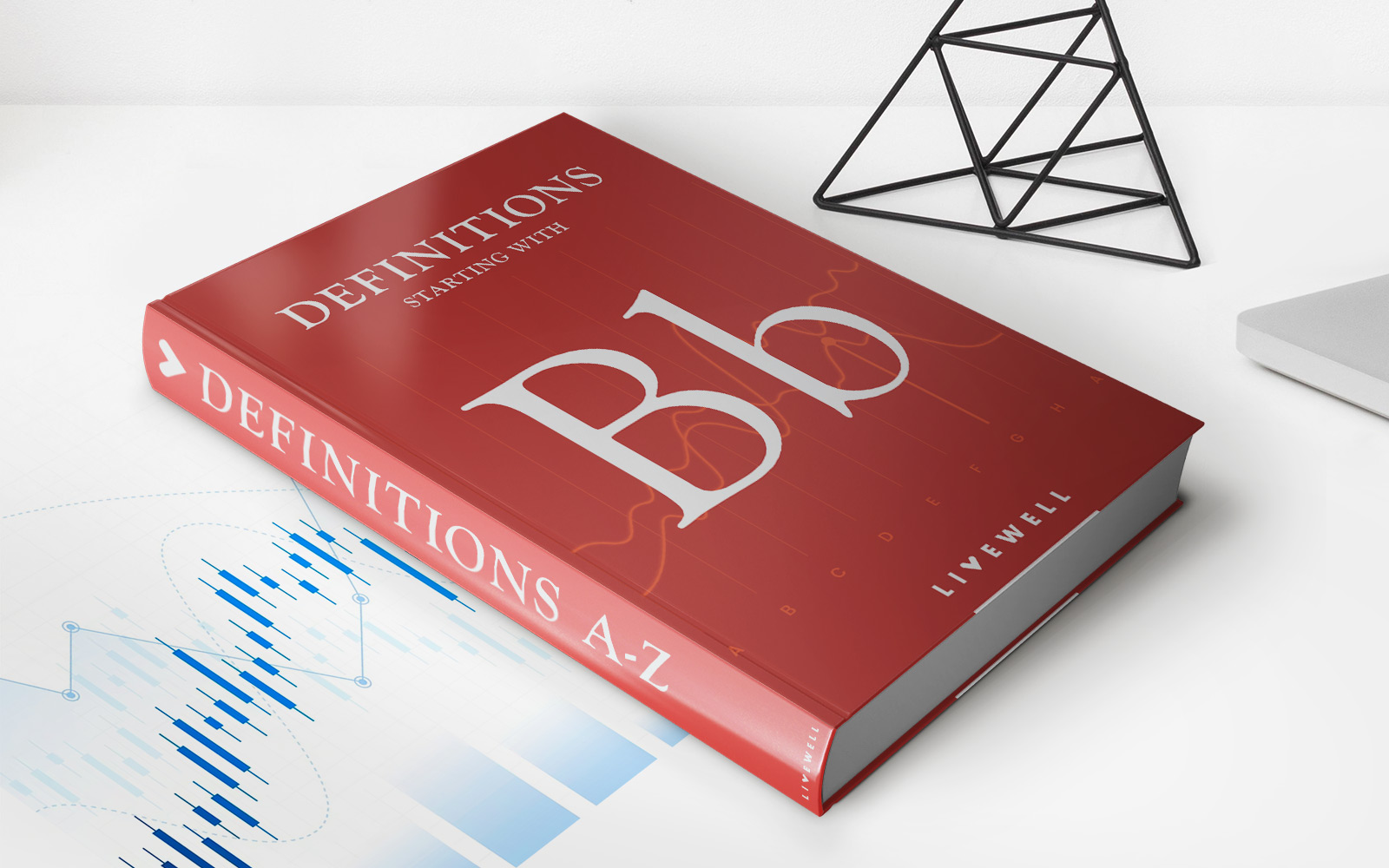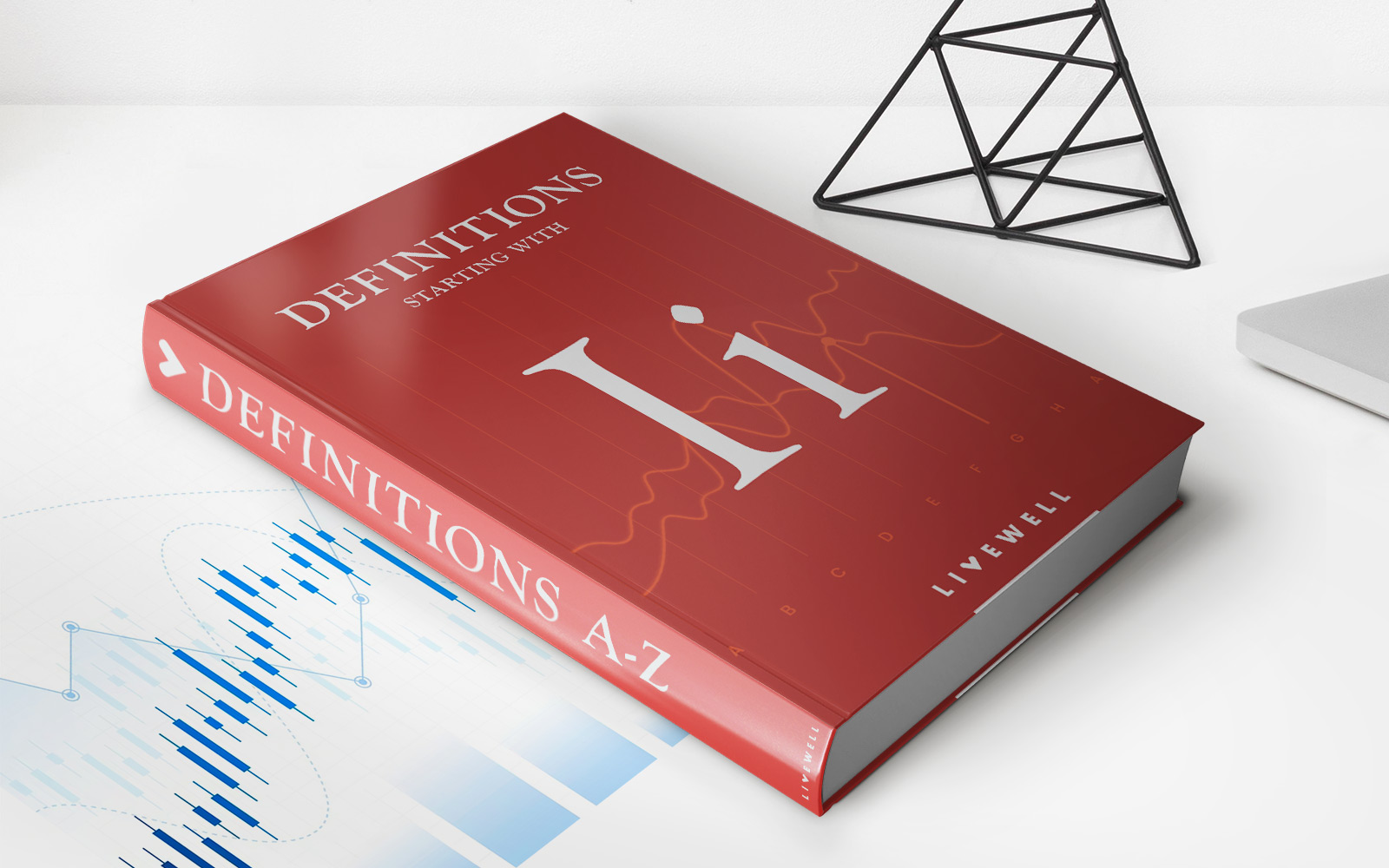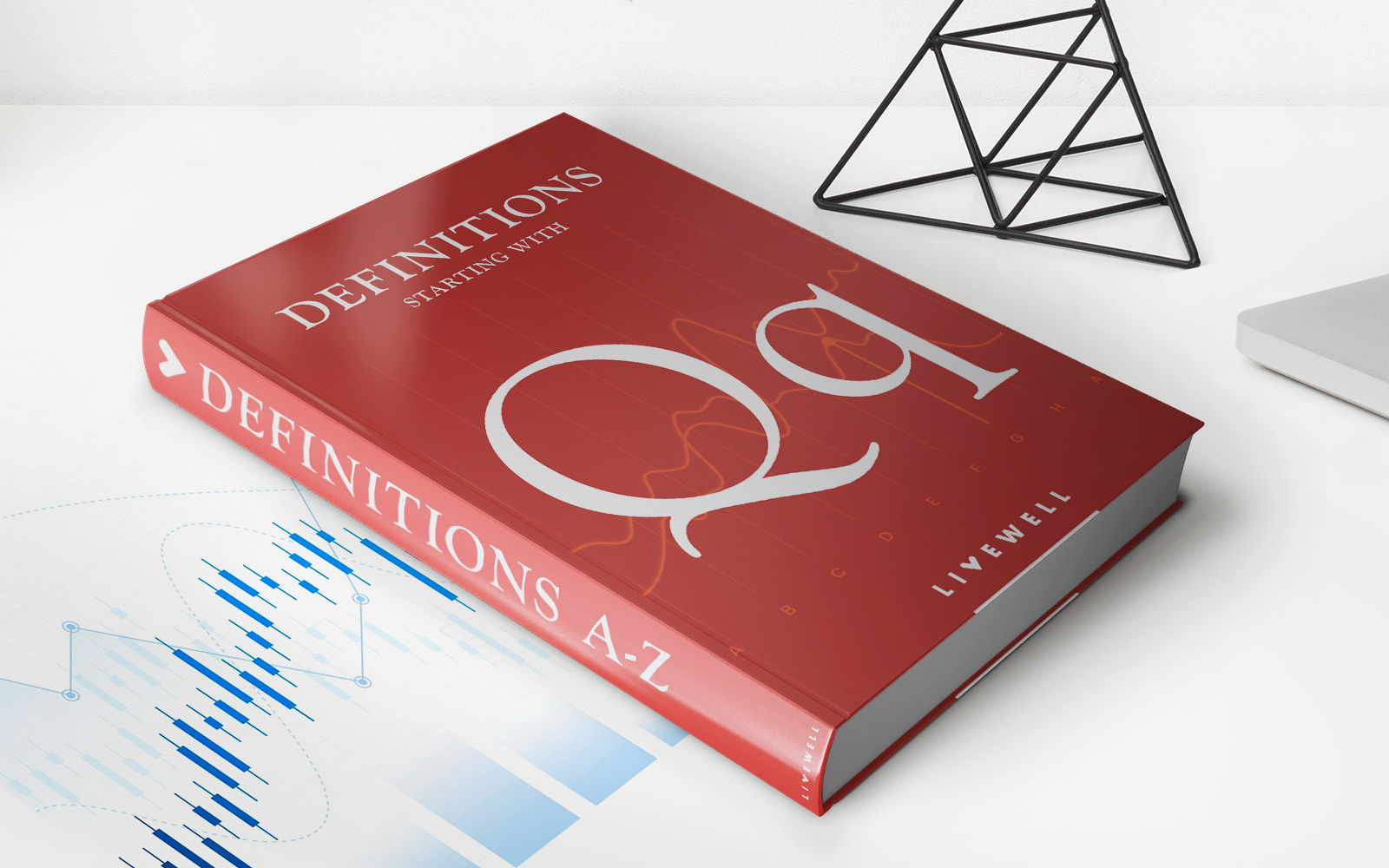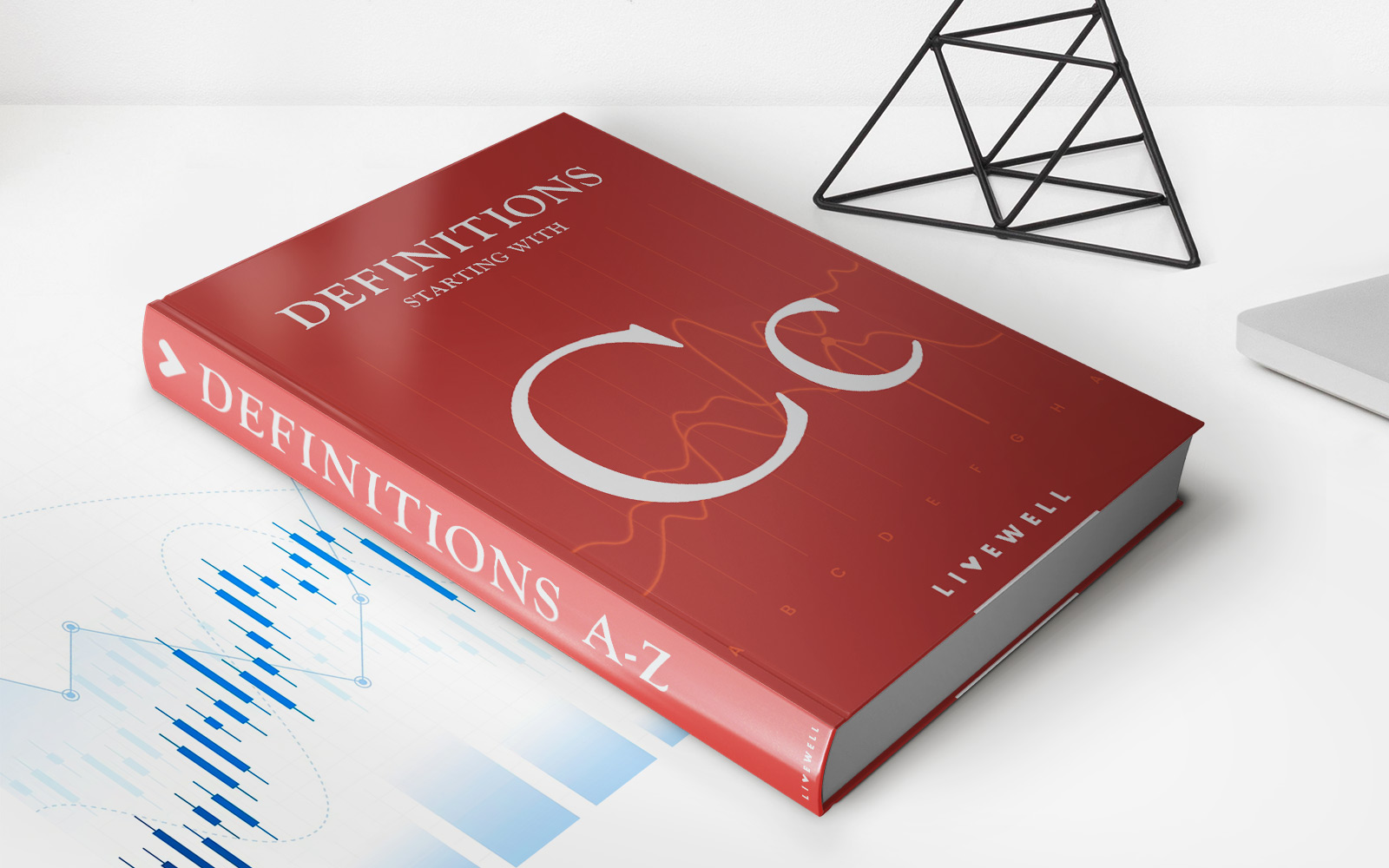Home>Finance>How Much Will Lowering My Credit Utilization Affect My Credit Score


Finance
How Much Will Lowering My Credit Utilization Affect My Credit Score
Published: March 6, 2024
Lowering your credit utilization can have a significant impact on your credit score. Learn how to manage your finances effectively and improve your creditworthiness.
(Many of the links in this article redirect to a specific reviewed product. Your purchase of these products through affiliate links helps to generate commission for LiveWell, at no extra cost. Learn more)
Table of Contents
Introduction
Managing and understanding your credit score is crucial for your financial well-being. One of the key factors that significantly impacts your credit score is credit utilization. This article will delve into the concept of credit utilization, its correlation with your credit score, and the potential effects of lowering your credit utilization. By the end of this article, you will have a comprehensive understanding of how reducing your credit utilization can positively influence your credit score.
Whether you’re planning to apply for a loan, mortgage, or credit card, your credit score plays a pivotal role in the decision-making process of lenders. Understanding the various factors that contribute to your credit score empowers you to make informed decisions that can positively impact your financial future. Among these factors, credit utilization stands out as a critical element that warrants attention and strategic management.
As we embark on this exploration, we’ll uncover the intricacies of credit utilization, the factors that influence credit scores, and the strategies you can employ to effectively lower your credit utilization. By gaining insights into these aspects, you can take proactive steps to enhance your creditworthiness and pave the way for achieving your financial goals.
Understanding Credit Utilization
Credit utilization refers to the ratio of your credit card balances to your credit limits. It is a crucial metric that reflects how much of your available credit you are using. Lenders and credit scoring models consider this ratio as an indicator of your financial responsibility and ability to manage credit effectively. A lower credit utilization ratio is generally perceived positively, signaling that you are not overly reliant on credit and are capable of managing your finances prudently.
For example, if you have a total credit limit of $10,000 across all your credit cards and your combined outstanding balances amount to $3,000, your credit utilization ratio would be 30%. This percentage is calculated by dividing the total outstanding balance by the total credit limit and multiplying by 100.
Lenders typically prefer to see a credit utilization ratio of 30% or lower. This suggests that you are not utilizing a significant portion of your available credit, which can be interpreted as a sign of financial stability and responsible credit management. Conversely, a high credit utilization ratio, especially above 30%, may raise concerns among lenders and potentially have a negative impact on your credit score.
It’s important to note that credit utilization is not only assessed on an individual account basis but also collectively across all your credit accounts. This means that even if you diligently maintain low balances on most of your credit cards, a high utilization ratio on one card can still adversely affect your overall credit utilization and, consequently, your credit score.
Understanding the significance of credit utilization and its implications on your credit score is fundamental to making informed decisions about your financial habits and credit management. By being mindful of your credit utilization and actively working to keep it within optimal ranges, you can positively influence your credit score and strengthen your financial standing.
Factors Affecting Credit Score
Several key factors contribute to the calculation of your credit score, with credit utilization playing a pivotal role in this assessment. Understanding these factors and their relative impact on your credit score is essential for effectively managing and improving your creditworthiness.
1. Payment History: Your track record of making timely payments on credit accounts, loans, and other financial obligations significantly influences your credit score. Consistently meeting payment deadlines demonstrates reliability and responsible financial behavior, positively impacting your credit score.
2. Credit Utilization: As discussed earlier, the ratio of your outstanding credit card balances to your credit limits, known as credit utilization, is a critical factor in credit scoring models. Maintaining a low credit utilization ratio signals prudent credit management and can bolster your credit score.
3. Length of Credit History: The length of time your credit accounts have been active and the average age of your accounts contribute to your credit score. A longer credit history provides a more comprehensive picture of your financial behavior and can positively influence your credit score, assuming a positive payment history.
4. Types of Credit in Use: Lenders appreciate a diverse credit portfolio that includes a mix of credit cards, installment loans, and other credit accounts. A healthy mix of credit types can demonstrate your ability to manage various financial responsibilities, potentially benefiting your credit score.
5. New Credit Inquiries: When you apply for new credit, such as a loan or credit card, the resulting hard inquiries can have a temporary impact on your credit score. Multiple recent inquiries may raise concerns about your financial stability and could potentially lower your credit score.
Understanding these factors and their respective influences on your credit score empowers you to make informed decisions about your financial habits and credit management. While credit utilization is a significant determinant, it is important to recognize the interconnected nature of these factors and strive to maintain a well-rounded approach to managing your credit and overall financial well-being.
Impact of Lowering Credit Utilization on Credit Score
Lowering your credit utilization can have a substantial and positive impact on your credit score. As credit utilization plays a significant role in credit scoring models, reducing this ratio can potentially lead to an improvement in your credit score over time.
When you actively work to lower your credit utilization, you are demonstrating responsible credit management and financial prudence. This can be perceived favorably by credit scoring algorithms and lenders, potentially resulting in an uptick in your credit score. By effectively managing your credit utilization, you are showcasing your ability to use credit responsibly and not overextend your financial resources.
Additionally, a lower credit utilization ratio can indicate reduced financial risk from the perspective of lenders. It suggests that you are not heavily reliant on credit and are capable of managing your financial obligations without being excessively burdened by debt. This can enhance your creditworthiness and make you a more attractive prospect for lenders when seeking new credit or favorable terms on loans and other financial products.
It’s important to note that the impact of lowering your credit utilization on your credit score may not be immediate, as credit scoring models consider historical data and trends. However, over time, consistently maintaining a lower credit utilization ratio can contribute to a positive trajectory for your credit score, reflecting your commitment to sound financial practices.
By proactively managing your credit utilization and striving to keep it within optimal ranges, you are taking proactive steps to strengthen your financial foundation and enhance your overall credit profile. This can open doors to more favorable lending opportunities, better interest rates, and improved financial flexibility as you work towards your long-term financial goals.
Strategies to Lower Credit Utilization
Effectively managing your credit utilization requires a strategic approach to ensure that you maintain a healthy ratio of outstanding balances to available credit limits. Implementing the following strategies can help you lower your credit utilization and positively impact your credit score:
- Pay Down Balances: One of the most direct ways to lower your credit utilization is to pay down your existing credit card balances. By reducing the amount you owe, you can bring your credit utilization ratio within more favorable ranges. Consider prioritizing the repayment of high-interest balances to expedite this process.
- Request a Credit Limit Increase: Contact your credit card issuers to inquire about the possibility of increasing your credit limits. A higher total credit limit across your cards can automatically lower your credit utilization ratio, provided that you maintain the same level of outstanding balances.
- Use Credit Wisely: Be mindful of your credit card usage and strive to avoid maxing out your cards. Responsible and strategic use of credit can help you maintain a lower credit utilization ratio and demonstrate prudent financial behavior.
- Consider Balance Transfers: If feasible, explore the option of transferring high-interest credit card balances to cards with lower interest rates or promotional balance transfer offers. This can help you consolidate debt and potentially reduce your overall credit utilization ratio.
- Monitor and Manage Regularly: Regularly monitor your credit card balances and credit limits to stay informed about your credit utilization ratio. By staying proactive, you can make timely adjustments to your credit utilization and maintain a favorable ratio.
By incorporating these strategies into your financial management practices, you can actively work towards lowering your credit utilization and positioning yourself for a healthier credit profile. It’s important to approach credit utilization management with a long-term perspective, aiming to consistently maintain a favorable ratio rather than pursuing short-term fluctuations.
Conclusion
Understanding the intricacies of credit utilization and its impact on your credit score is a vital aspect of effective financial management. By recognizing the significance of maintaining a healthy credit utilization ratio, you can take proactive steps to enhance your creditworthiness and strengthen your overall financial standing.
Lowering your credit utilization can yield tangible benefits, including the potential for an improved credit score over time. This, in turn, can open doors to more favorable lending opportunities, lower interest rates, and enhanced financial flexibility as you navigate your financial journey.
Employing strategic approaches such as paying down balances, responsibly using credit, and exploring options for credit limit increases or balance transfers can contribute to effectively managing your credit utilization. By integrating these strategies into your financial habits and staying vigilant about your credit utilization ratio, you can position yourself for long-term financial success.
Ultimately, managing credit utilization is not merely about optimizing a number on a credit report; it’s about cultivating sound financial habits and demonstrating responsible financial stewardship. By embracing this mindset and implementing prudent credit utilization management, you can build a solid foundation for achieving your financial goals and securing a brighter financial future.
As you navigate the realm of credit and financial management, remember that knowledge and proactive decision-making are powerful tools. By harnessing these tools and staying attuned to the dynamics of credit utilization, you can chart a course towards sustained financial well-being and empowerment.














